The State of Heroes
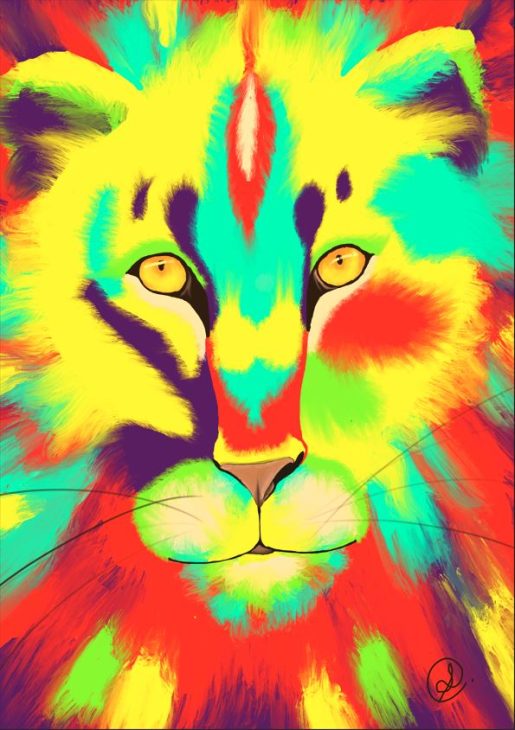
Good afterevenmorn!
I am still thinking about Superman. This is largely because I liked one image and the various algorithms on every platform have since decided that it’s all I get to see. I have, therefore, seen almost every possible take on the character, and it has me thinking a great deal about the heroes in fiction and why we consider them so. Why are the heroes heroes? What about them or their stories make us believe they are? And are they really?
Let’s dive in.
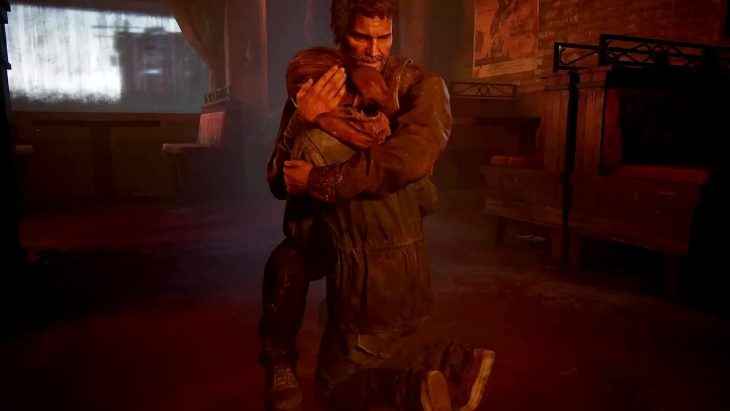
There has been a shift, I feel, from the heroes are heroes because they’re good, to the heroes are good because they’re heroes.
It might not seem like much in truth, but the distinction is important, just as the distinction between hero and protagonist, or villain and antagonist, are important. They’re used so interchangeably now, that I think we’ve forgotten that these things are different.
The heroes are the good guys. Or they’re supposed to be. But what does that mean to us, as reflected by our fiction? Do we consider them good guys because they win the day? Does, then, the manner in which they do mean anything? What if in winning the day, they are directly responsible for the murder of thousands of innocent people? But hey, they stopped the ‘bad guys’ from doing it, so… win? If there is no goodness in their deeds, are they truly the good guys, even if it buys our side the victory? They might be victors, but are they heroes? We tend to call them that, but that doesn’t make it so.
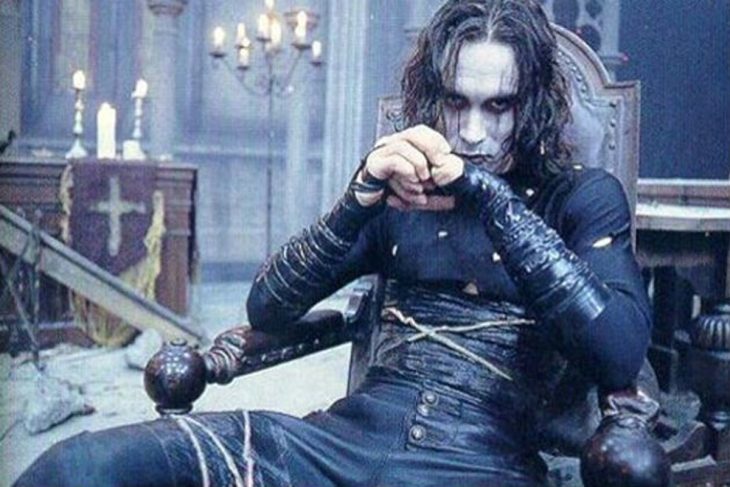
I am well aware that anti-heroes have been quite popular for the last little while in fiction. There are the dark, gritty stories, where the (anti)hero does terrible things in order to deliver justice… which might actually just be revenge, depending on the story or the protagonist. I absolutely see the appeal here, being a fan of the anti-hero myself.
There’s just something so satisfying about someone who would otherwise get away with [insert evil deed here] getting the beat down they so thoroughly deserve. Often in these stories, and often in life, justice is absent, and it’s nice to imagine a world where, even when the systems of society fail victims, there’s some dark avenger out there making sure the perpetrators of evil pay for their misdeeds somehow.
And so, in delivering deserved retribution, is this anti-hero good? If foul deeds are employed for the right reasons, does that make it heroic?
What if the villains are doing the same, we just don’t see it? What if they’re committing evil deeds, but for deeply good reasons. The Killmonger debate after Black Panther still lives rent free in my head.
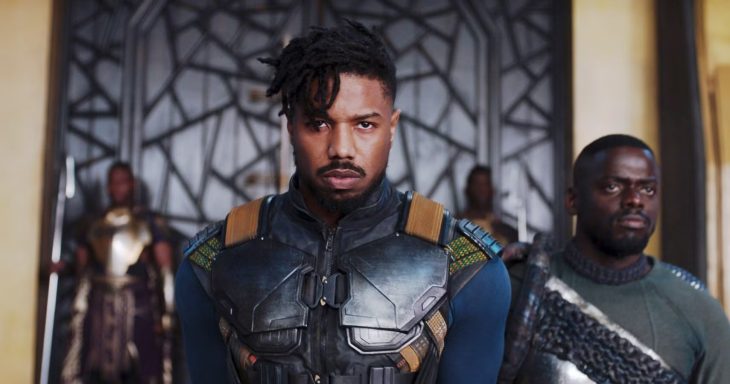
I don’t actually have any answers here. I have thought it through long and hard, and I can’t come up with the one (or more) reason to stand definitively on one side or the other. In my less generous moments, I sometimes feel like I wouldn’t feel bad if some villain or another ended up in the ICU. A deeply good person wouldn’t do that. Would their refusal to do so make them less good? Less of a hero?
I’ve tried deconstructing my own heroes. I think they are fundamentally good people. But sometimes they aren’t. Commander Skye (Skylark), for example, when faced with the man responsible for the death of one of his team kills him in a really unpleasant, brutal fashion. It wasn’t an act of good. Sure, Skye was hurting from the loss, but it still was not a good thing. And yet, in nearly every other respect, he is fundamentally good. He cares for his team. He rebels against authority when he realizes that they’re trying to exterminate Earth’s newest inhabitants. Is he a hero? I would argue that he is; more than he’s an anti-hero, to be sure. But he is capable of, and does do, great acts of evil.
Aleksandar Svetoslav (Human) is quite literally a monster. He can and has killed people simply to slake his hunger. He controls a House in what is essentially a vast criminal underworld. He’s disappeared more than one person in his life. Hell, he burns a member of his own House to death. But he does it in defense of the woman he loves, and to protect the other members of his House, who are under his care. He takes his role as guardian to those people extremely seriously. So seriously that he single-handedly obliterated another House when they came for his prince. These are not good deeds. He is absolutely the villain in another story. The Shadow Council certainly doesn’t look generously on his actions. Is he a hero? Anti-hero? I feel like the answer to that will be different for everyone.
They’re not like Superman, whose whole reason is goodness. Superman’s whole ethos is protection of innocents, and, at least in the newest film, he’s willing to take a loss in a fight, because winning the fight isn’t his goal. He has nothing to prove. His goal is to save people. And a squirrel. That’s pretty heroic, if you ask me. But that is where Superman differs from a lot of “heroes.” He is good. His heroism comes not from winning the day, but from saving people; doing the utmost good he can.
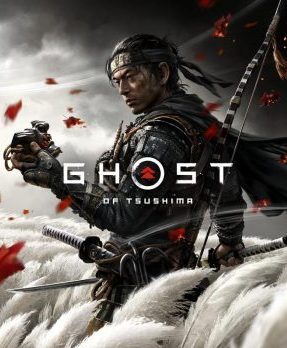
I think part of the uproar around Superman that I’ve seen from certain spaces is the fact that heroism and goodness have long been separated from one another in fiction… and also life, if I’m being honest. I see a lot of folks really angry that Superman lost a fight, tried to take down a kaiju without killing it, and saved a squirrel. I don’t know why they’re angry about it, but they are.
My fear is that it is tied up around the above-mentioned shift; that heroes are no longer heroes because they’re good. They’re “good” because they’re heroes. Which means that the meaning of good, and what it is to be good has also changed. Good means winning the fight. Good means hurting the other guy. Good means collateral damage as long as our side wins.
Don’t get me wrong; it’s all valid in fiction. I do love a story when the bad folks get their comeuppance, and don’t always think too much about how it happens. But it certainly has made me think really hard about what heroism is, and who we call heroes, and for what. Will it change how I write my protagonists? Likely not. But it will live permanently in my brain now.
Like I said, I don’t really have any answers to the questions I have… except for that last one, to be fair. I just have questions and thoughts… and now, a headache. I’ve been thinking too much. It’s your turn! Let me know what you think below.
When S.M. Carrière isn’t brutally killing your favorite characters, she spends her time teaching martial arts, live streaming video games, and sometimes painting. In other words, she spends her time teaching others to kill, streaming her digital kills, and sometimes relaxing. Her most recent titles include Daughters of Britain, Skylark and Human. Her next novel The Lioness of Shara Mountain releases early 2026.
The New Yorker film critic Pauline Kael once said that the difference between the old John Wayne/Gary Cooper westerns and Clint Eastwood spaghetti westerns was that in the older films, Our Hero (thank God) had the fastest draw, while in the newer films, whoever drew first was the hero.
That really does feel like the shift that happened.
I really enjoyed this! There is endless debate on Reddit about whether or not Batman’s “no-kill” rule is stupid, and stranger arguments that (A) seem to forget all of this is fiction, and (B) think killing a lot of people is really, really cool. It’s nice to have the new Superman to show some people an uncomplicated good.
Why thank you! Honestly, I had such a terrible headache writing this, I’m just surprised it’s even remotely coherent!
It’s a bit odd, I find, that the idea of what is good and heroic has shifted in this way. Maybe not surprising, given the state of… well… everything. But odd. I, too, love a good revenge story. The Crow and John Wick are up there as some of my favourites, but I wouldn’t call the protagonists of these stories heroes. The Crow would be closer to one, I suppose, given that he only kills the bad guys (and they were absolutely evil).
This new Superman really was a much needed, joyful celebration of goodness and heroism. I may just take myself to see it again tonight, as a reprieve from the heatwave I’ve currently enduring.
*Nods.* Good break-down.
There has always been a difference between a “main character” and a “hero” to me. Maybe it’s a side-effect of scoring “lawful-good” on any D’n’D alignment quiz you care to throw at me, but “doing a bunch of really bad stuff for a good reason” just strikes as a main character thing, not a hero thing. It’s not heroic, it’s just human. “Good reason” is subjective. After all, A. H. did all the stuff that we fought WWII over because he intended to end post-WWI German and Austrian poverty and bring a millennium of peace to his people. Some thought he was heroic, others thought he was villainous, but ultimately he was the main character of WWII and very human. Every human is capable of heroic acts and evil acts.
A hero, though? A hero is a character who, by the end of the story, is striving to be better than human. It may have been a full-story occupation, it may be after a redemption arc, or it may be the result of a last-minute epiphany. A hero strives to only be capable of heroic acts, and incapable of evil acts. Is the hero successful in this striving? Perhaps not. But the trying, the sincere attempt at service, the placement of other before self (even the enemy), is what defines the hero.
…Which, honestly, is what makes film terms about car chases so weird. The “hero car” isn’t a hero, it’s just the survivor among all the other wrecks.
I think you’re exactly right.
(My alignment is almost always neutral or chaotic good)
(True neutral is rare, so wow, and chaotic is every bit as necessary to good as lawful. ^_^ Cool stuff.)
Really enjoyed this piece. It captures how our idea of “hero” has shifted from clear-cut good guys to something much murkier. I like how you point out that winning doesn’t automatically make someone right—it’s such a relevant idea in today’s stories where heroes and villains often trade places. Made me rethink what I look for in a protagonist.